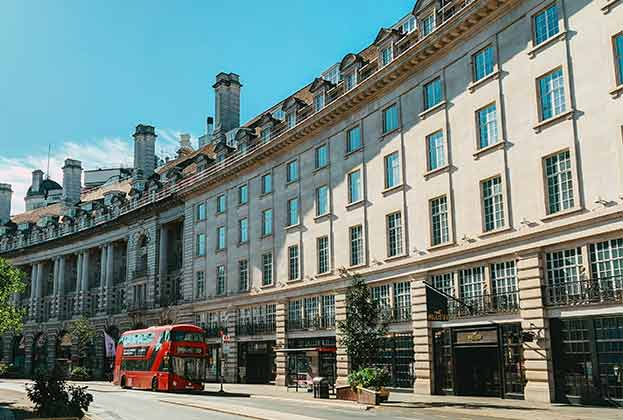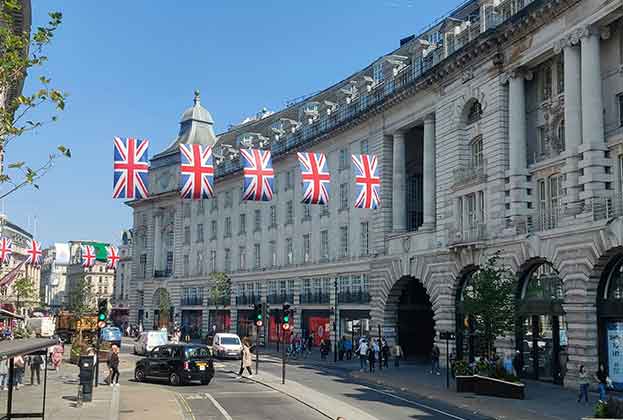The UK science park market has evolved significantly in the past 10 years. The demand for space from smaller start ups and incubator-style occupiers remains resilient; specialist pioneering research has also led to pharmaceutical and technology firms aggressively acquiring companies, thereby affecting their real estate needs.
In London, there has been expansion of specialist laboratory and medical research space for institutions based in the city, with academic, medical and commercial centres driving the demand. The high cost of development, a lack of land availability and competing demands from more conventional property markets, however, all mean that delivering the scale and specification required can be challenging.
Growth outside the capital has also been strong. In 2011 Pfizer established Neusentis, a 'new science theraputics' unit, in Cambridge. Also in Cambridge, multinational pharmaceutical and biologics company Astra Zeneca has committed to a complex of around 850,000 sq ft at the Biomedical Campus, and recently acquired a further 35,000 sq ft of office space in the city centre, while Japanese pharmaceutical company Takeda has committed to a further 50,000 sq ft at Cambridge Science Park.
In 2014 Sawston, south of Cambridge, saw an acquisition by Cognate BioServices, while Biofocus has committed to a further 60,000 sq ft at Chesterford Research Park, to be completed in April 2015.
Additionally, the University of Reading is taking forward for detailed planning consent the first Gateway Building of its scheme known as Thames Valley Science Park. Fronting the M4 motorway, the overall development by the University will provide 800,000 sq ft of new-build laboratory and office accommodation across 47 acres, making it the major hub for science and innovation in the Thames Valley.
Further information
Contact Savills Commercial or view investment sales & acquisitions.
.jpg)

.jpg)



.jpg)
.jpg)
.jpg)

